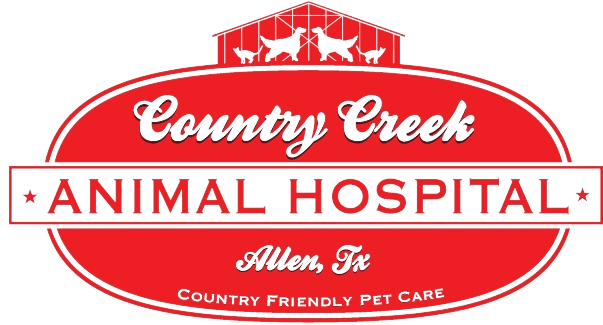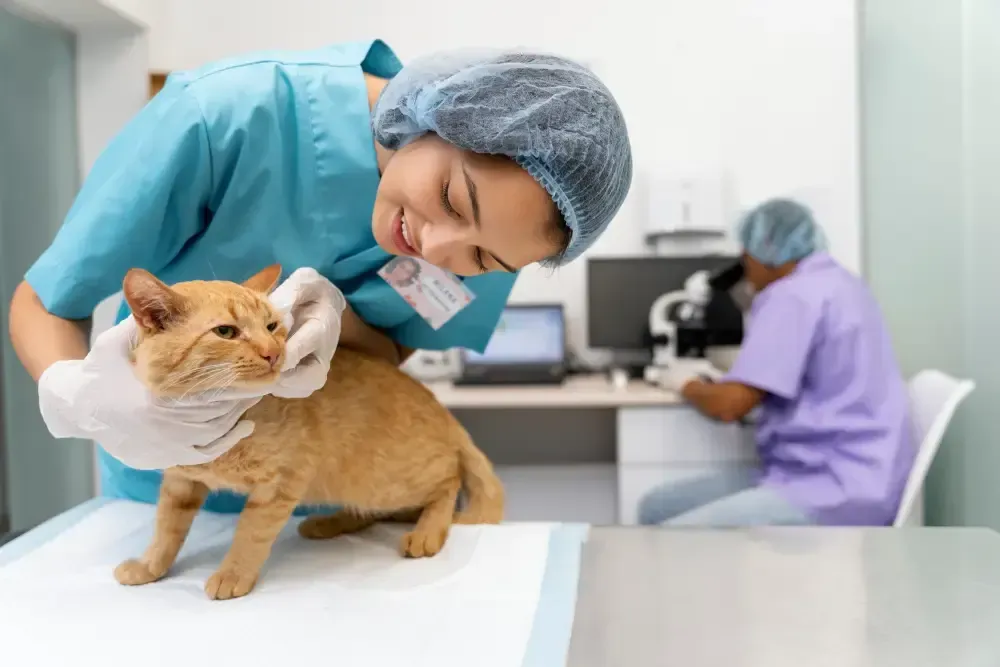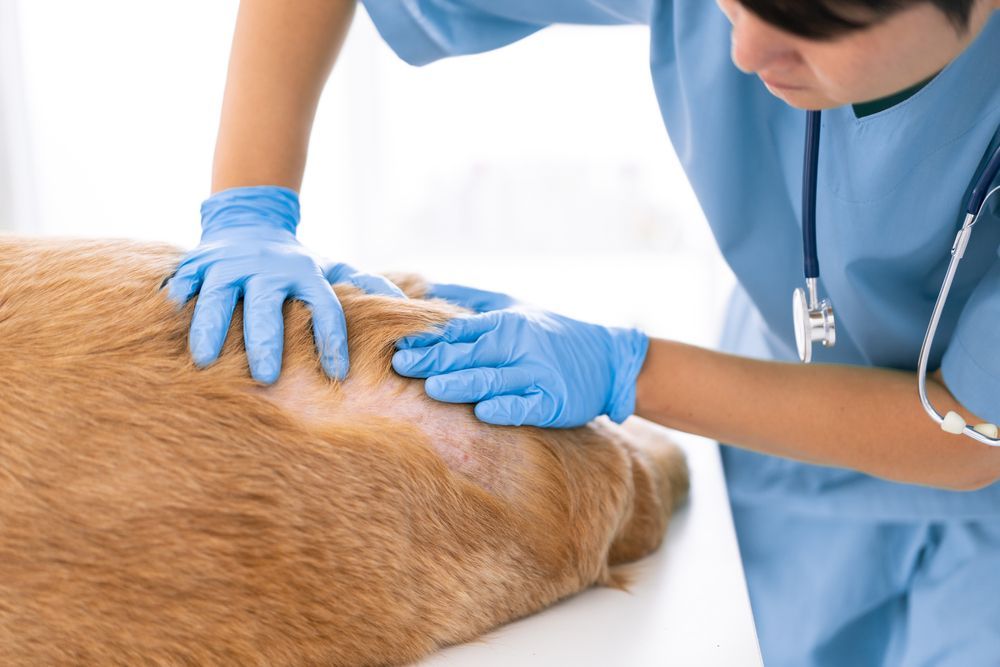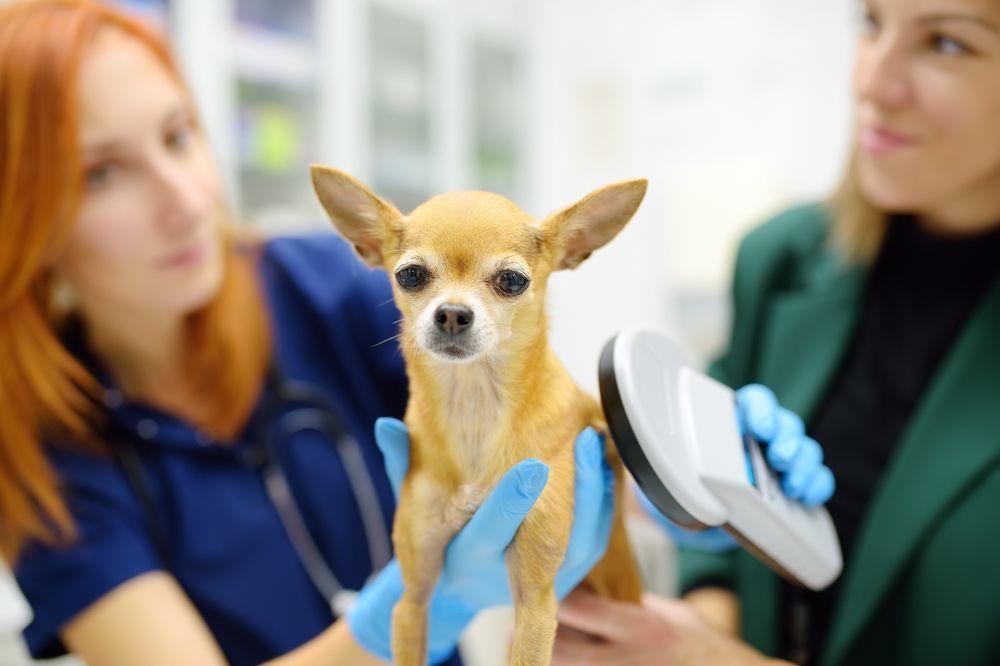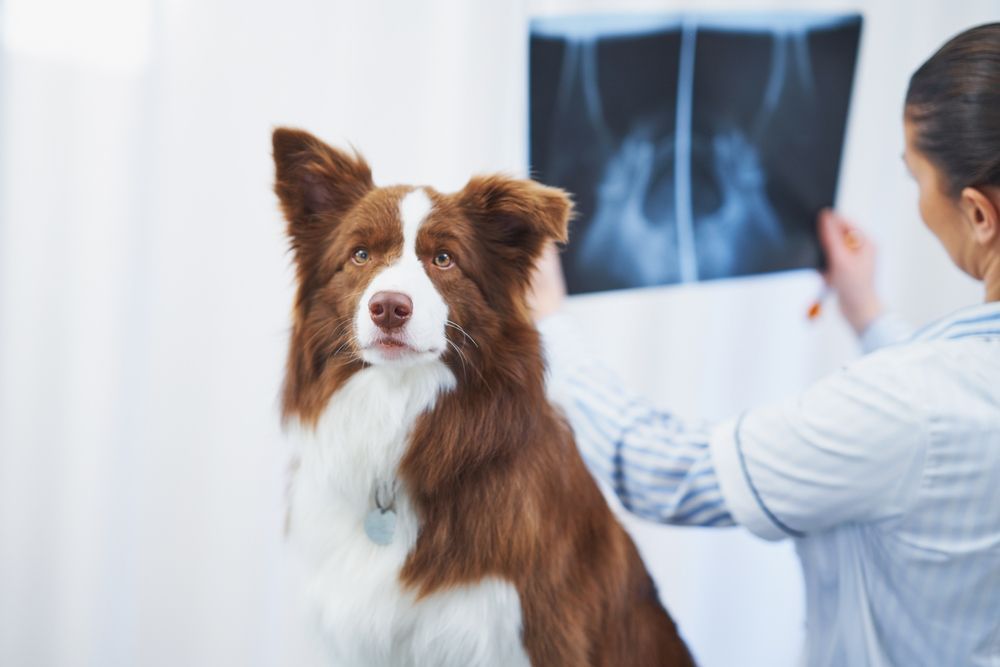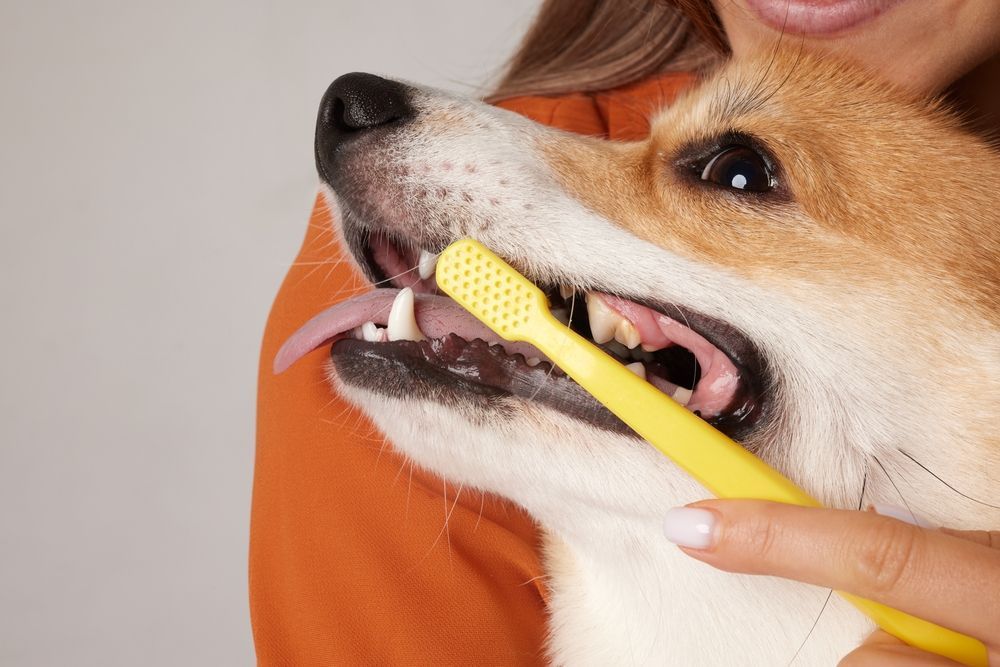Beyond the Kennel: Unveiling the Secrets to Stress-Free Dog Boarding
Leaving your furry companion in someone else's care can be a nerve-wracking experience. Whether you're planning a vacation, handling a work trip, or simply need a temporary solution, dog boarding and cat boarding facilities have become essential for pet owners. However, ensuring that your pet has a stress-free experience goes beyond just dropping them off at the nearest kennel. Let’s dive into what makes dog boarding and cat boarding truly exceptional, and how you can prepare your pets for a seamless stay.
Understanding the Emotional Needs of Pets
Pets are creatures of habit, and any disruption to their routine can lead to anxiety. For dogs, this anxiety might manifest as barking, pacing, or even refusal to eat. Cats, on the other hand, often show their stress by hiding or becoming unusually vocal. This is why choosing the right dog boarding or cat boarding facility is crucial.
- Dog Boarding: A good facility will cater to your dog's emotional needs by maintaining their routine as much as possible. Feeding schedules, playtime, and even nap times should align with what they’re used to at home.
- Cat Boarding: Cats thrive in environments that offer privacy and quiet. Look for facilities that provide individual enclosures and minimize exposure to loud noises or unfamiliar animals.
When selecting a boarding facility, always ask about their approach to stress management. Do they have trained staff who can recognize signs of anxiety? Are there calming measures in place, such as pheromone diffusers or soothing music? These details can make all the difference.
Preparing Your Pet for Boarding
Preparation is key to ensuring your pet feels comfortable during their stay. Whether it's dog boarding or cat boarding, here are some steps to take:
- Visit the Facility in Advance: Familiarize your pet with the environment before their stay. Most dog boarding facilities allow pre-boarding visits where your dog can explore the space and meet the staff. Similarly, cat boarding facilities may let you bring your cat for a brief visit to acclimate them.
- Bring Comfort Items: Pack your pet’s favorite blanket, toy, or even an old T-shirt that smells like you. Familiar scents can help reduce anxiety.
- Trial Stays: For pets new to boarding, consider a short trial stay before committing to an extended period. This helps them get used to the idea without overwhelming them.
Both dog boarding and cat boarding facilities that prioritize these preparatory steps are more likely to provide a stress-free experience for your pet.
The Role of Routine in Reducing Stress
Consistency is comforting for pets. When considering dog boarding or cat boarding options, inquire about how they maintain routines:
- Dog Boarding: Dogs thrive on physical activity and mental stimulation. A facility that offers regular walks, play sessions, and even puzzle toys will keep your dog engaged and happy.
- Cat Boarding: Cats prefer stability over stimulation. A good cat boarding setup will ensure consistent feeding times and offer spaces where cats can perch or hide as they please.
Maintaining routines not only reduces stress but also ensures that pets remain healthy and content during their stay.
The Importance of Staff Training
The people caring for your pets play a pivotal role in their experience. Whether it’s dog boarding or cat boarding, trained staff can make all the difference:
- Dog Boarding: Staff should be adept at reading canine body language to identify stress signals like excessive panting or whining. They should also know how to soothe anxious dogs through gentle interaction and positive reinforcement.
- Cat Boarding: Handling cats requires patience and understanding of feline behavior. Staff should be skilled in minimizing stress during tasks like feeding or cleaning enclosures.
Facilities like Country Creek Animal Hospital prioritize hiring experienced professionals who treat every pet with care and compassion.
Creating a Calming Environment
A well-designed environment can significantly reduce stress for boarded pets:
- For Dogs: Dog boarding facilities often use calming tools like pheromone sprays, soft bedding, and even classical music to create a serene atmosphere.
- For Cats: Cat boarding spaces should be quiet and secluded, with minimal interaction between cats unless they’re from the same household.
When touring a facility, pay attention to these details—they’re indicators of how much thought has gone into creating a pet-friendly space.
Communication is Key
As a pet owner, staying informed about your pet’s well-being is essential:
- Many dog boarding facilities now offer updates via text or email so you can check on your pup’s progress.
- Cat boarding services might provide daily reports on eating habits, mood, and other behaviors.
This level of communication not only reassures you but also helps you address any issues promptly if they arise.
Special Considerations for Nervous Pets
If your pet is particularly anxious about being boarded:
- Medication or Supplements: Consult with your veterinarian about anti-anxiety options for both dogs and cats.
- Personalized Care Plans: Some facilities offer one-on-one attention for nervous pets. This might include extra cuddle time for dogs or more hiding spaces for cats.
- Owner Behavior: Pets pick up on your emotions. Stay calm during drop-off and avoid lengthy goodbyes—they will sense your confidence and feel more secure.
Dog boarding and cat boarding services that cater specifically to nervous pets often stand out for their attention to detail.
At its core, successful
dog boarding and cat boarding come down to creating an environment where pets feel safe and loved—even when their owners are away. Facilities like Country Creek Animal Hospital exemplify this approach by combining expert care with thoughtful amenities tailored to each pet’s needs.
By choosing the right facility and preparing your pet in advance, you’re not just ensuring their comfort—you’re giving yourself peace of mind too. After all, nothing beats returning home to a happy tail wag or a contented purr!
Country Creek Animal Hospital
1258 W Exchange Pkwy, Allen, TX 75013, United States
(972) 649-6777
https://www.countrycreekvets.com/


